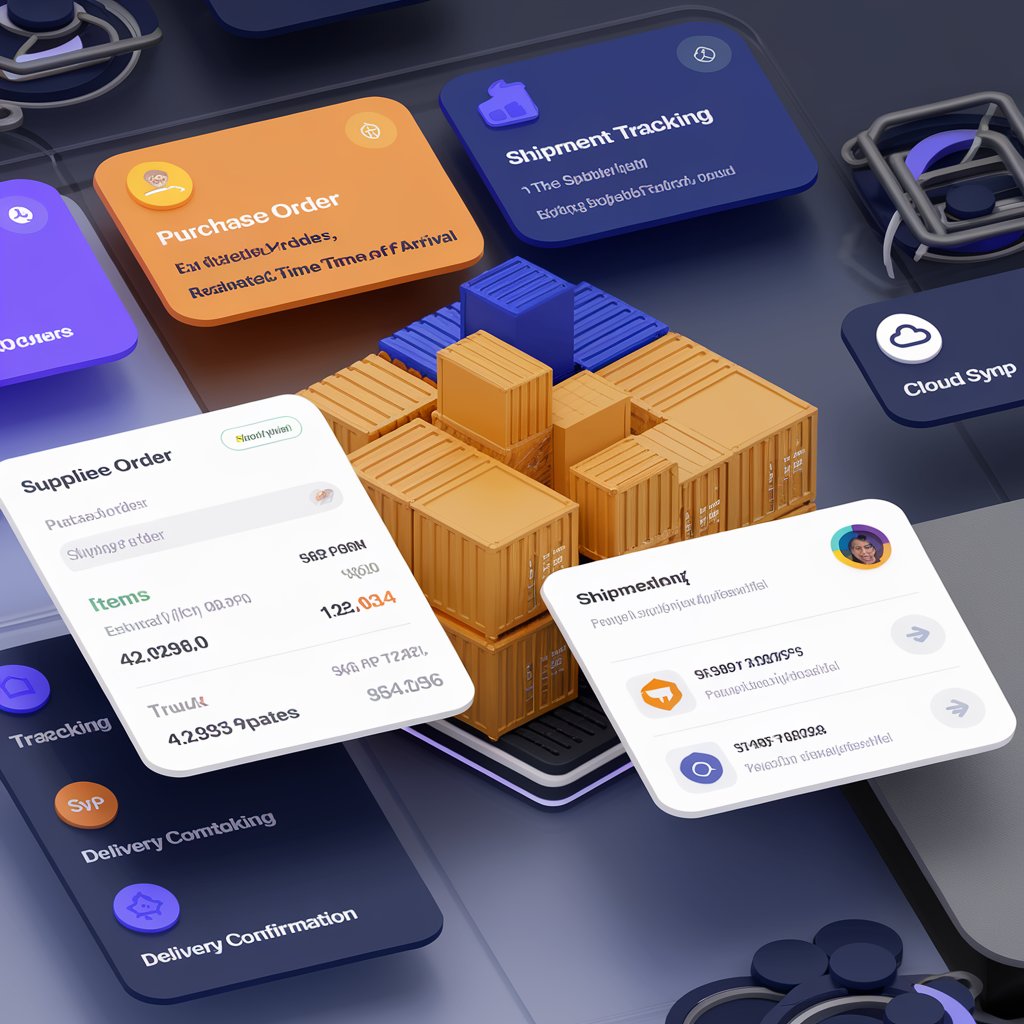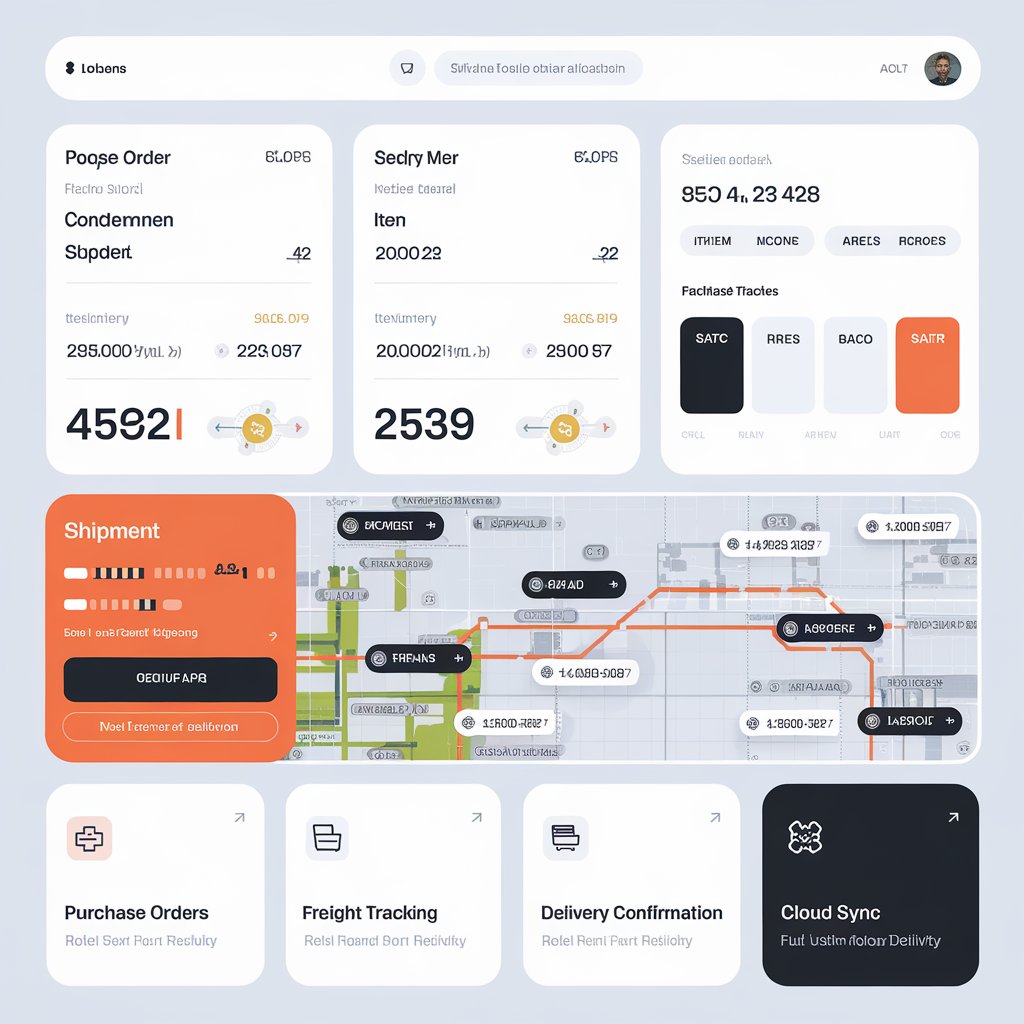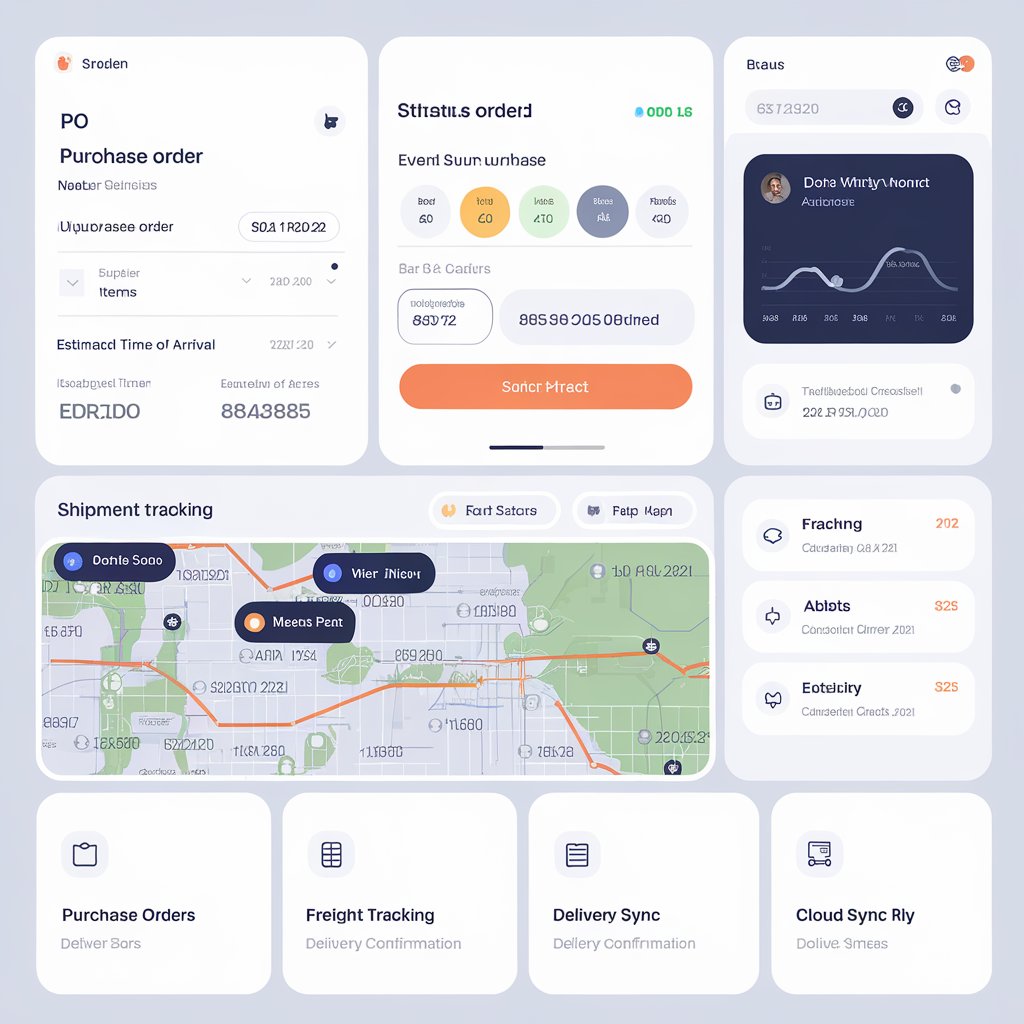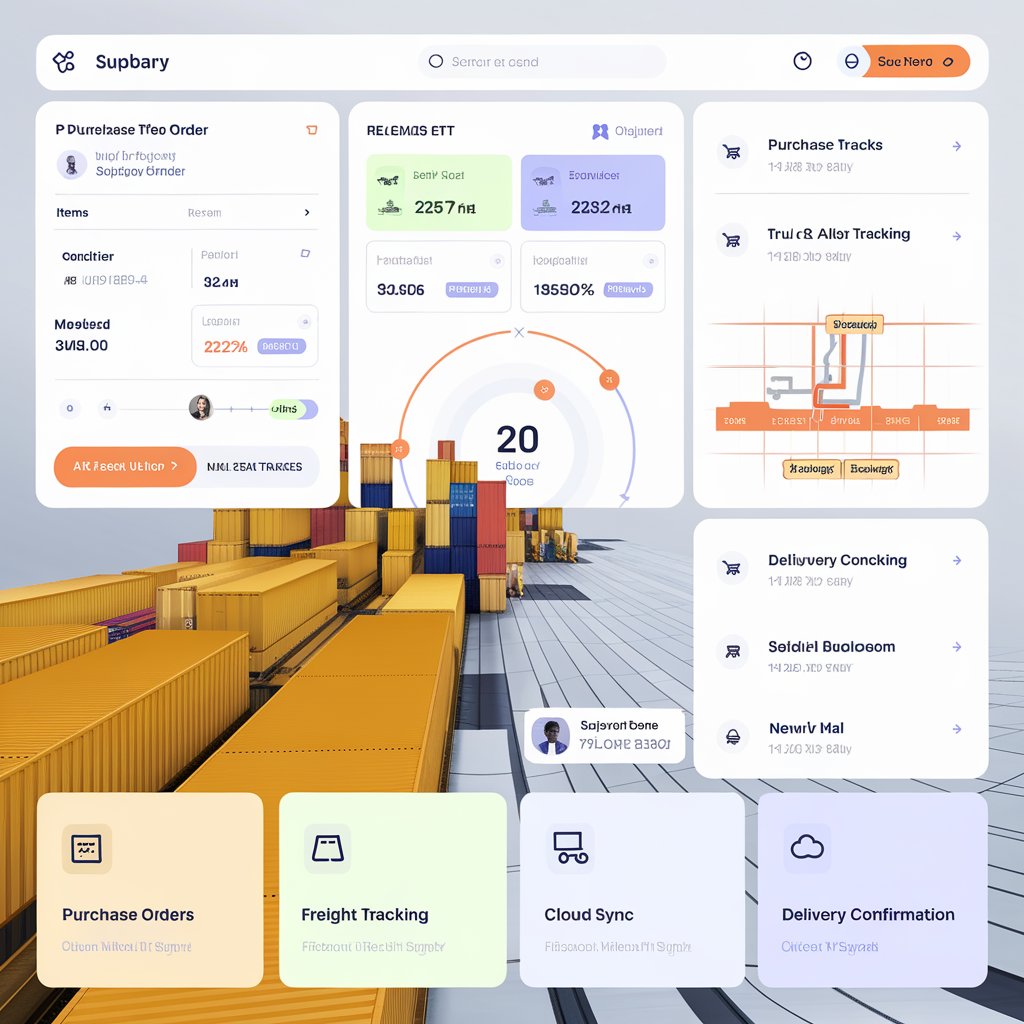From Purchase Order to Delivery: Tracking Shipments Seamlessly

📄 What Is Purchase Order Tracking?
Purchase order tracking is the process of monitoring the status of a PO from the moment it’s issued to a supplier, all the way through shipping, customs, and delivery.
It combines procurement data (who ordered what, when, and from whom) with logistics data (where the goods are, who’s transporting them, and when they’ll arrive).
By connecting these dots, businesses can:
✅ Get real-time status updates
✅ Avoid shipment blind spots
✅ Resolve exceptions faster
✅ Improve supplier accountability
✅ Deliver on time — every time

🔁 The Traditional Problem: Disconnected Workflows
In most companies, POs live in one system (like ERP or procurement software), and shipment tracking lives somewhere else — usually in emails, carrier portals, or spreadsheets.
This causes:
❌ Double entry of data
❌ Manual tracking updates
❌ Delayed communication with clients or internal teams
❌ Lack of end-to-end visibility
The result? You may have the PO number, but no idea where the cargo is — or when it will arrive.
🧠 The Modern Solution: Unified PO & Shipment Tracking
Smart logistics platforms now allow you to link each PO directly to its corresponding shipment and track both in one workflow. This unified approach lets you:
- Match incoming shipments to original purchase orders
- Track carrier milestones (pickup, customs, delivery) in real time
- Receive proactive alerts on delays or documentation issues
- Collaborate with suppliers, carriers, and consignees in one system

🔧 Example Workflow: PO to Delivery Using Logistics Software
Here’s how the integrated tracking process looks with a solution like Linbis:
- Create or import the PO
– Input supplier, product, and expected delivery details - Convert the PO into a shipment
– Select transportation mode, carrier, and booking info - Link documents automatically
– Attach the commercial invoice, BoL, packing list, etc. - Enable live tracking
– Track container, flight, or truck movements directly in the platform - Monitor and update status
– View real-time progress with milestones (shipped, in-transit, cleared, delivered) - Mark PO as fulfilled
– Close out the cycle with delivery confirmation and final cost reconciliation
💡 No need to switch systems or send “where is my order?” emails ever again.
📊 Business Benefits of PO-Linked Shipment Tracking
Benefit | Impact |
Centralized data | No more jumping between tools |
Fewer errors | Real-time updates reduce miscommunication |
Better forecasting | Improved ETA visibility supports planning |
Higher accountability | Suppliers and carriers are more responsive |
Customer satisfaction | Deliveries arrive when expected (with proof) |

✅ Final Thoughts
Today’s supply chains demand real-time transparency — and that starts with tracking POs just as closely as shipments. With platforms that unify these workflows, you’ll spend less time searching for answers and more time delivering results.
Whether you’re moving containers across oceans or parts across borders, purchase order tracking with shipment visibility is the key to faster, smarter logistics.
